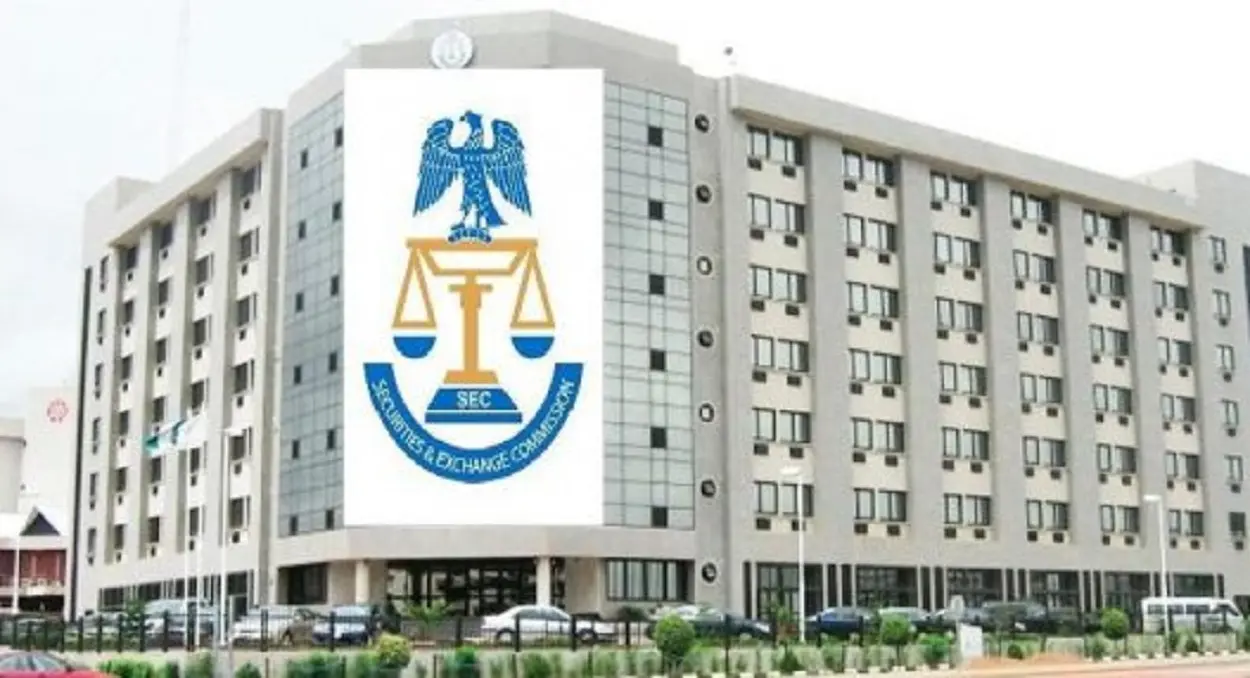At least five Nigerian banks have successfully met the Central Bank of Nigeria’s new capital thresholds as of the end of the first half of 2025, well ahead of the March 2026 deadline.
The banks—Access Bank, Zenith Bank, Ecobank Nigeria, Lotus Bank, and Jaiz Bank—have complied with the CBN’s directive issued in March 2024, which mandated commercial banks with international authorization to raise their capital base to N500 billion, national banks to N200 billion, and regional banks to N50 billion.
Non-interest banks with national and regional authorizations are required to achieve N20 billion and N10 billion, respectively.
Access Bank, a tier-1 lender, became the first to meet the N500 billion threshold for internationally authorized banks.
Its parent company, Access Holdings, announced in December 2024 that it secured regulatory approval for a N351 billion rights issue.
This boosted the bank’s share capital to N600 billion, exceeding the CBN’s minimum requirement by N100 billion within the same year as the directive.
Zenith Bank Plc also crossed the N500 billion threshold, raising N350.4 billion through a combined rights issue and public offer.
The capital raise increased its share capital to N614.65 billion, surpassing the regulatory minimum by N114.65 billion.
Ecobank Nigeria, a national bank, met the N200 billion requirement with a modest capital injection, according to Fitch Ratings.
While compliant with the new capital floor, the bank remains in breach of the CBN’s 10% total capital adequacy ratio requirement.
Ecobank Transnational Incorporated, its parent company, bolstered its financial position by raising an additional $125 million through its $400 million 10.125% notes due October 15, 2029, in May 2025, with plans to address the remaining compliance gap.
Lotus Bank and Jaiz Bank, both non-interest banks, have also met their respective capital requirements of N20 billion for national authorization and N10 billion for regional authorization, reinforcing their positions in Nigeria’s growing Islamic finance sector.
In early January, Jaiz Bank, a non-interest lender, announced it had met the new capital requirement following the successful listing of its ₦10.04 billion private placement on the Nigerian Exchange Group. This came after securing approvals from the Central Bank of Nigeria, the Securities and Exchange Commission, and the NGX.
With less than a year left before the CBN’s recapitalisation deadline, several other banks have now entered the second phase of their capital-raising efforts. During the first phase, many of them identified private placements, the debt market, and international capital markets as key funding sources.
Last Thursday, Guaranty Trust Holding Company announced plans to raise about $100 million from the international capital market, with an intention to list the securities on the London Stock Exchange’s Main Market.
This move marks the final leg of GTCO’s capital-raising efforts. In July 2024, the group raised ₦209 billion through a public offer.
It stated that proceeds from the new offering will primarily support the recapitalisation of GTBank Nigeria and advance its broader growth strategy.











